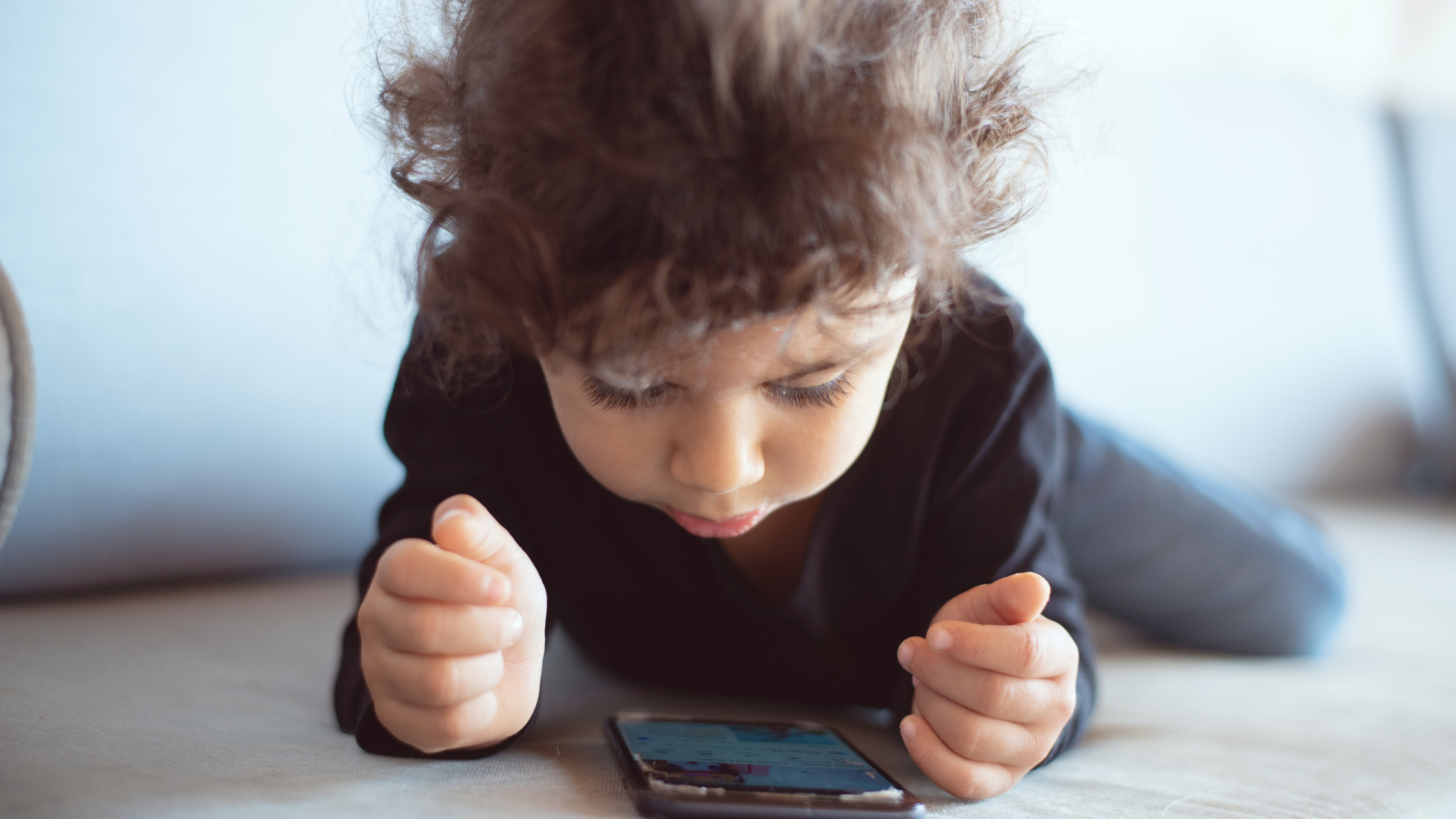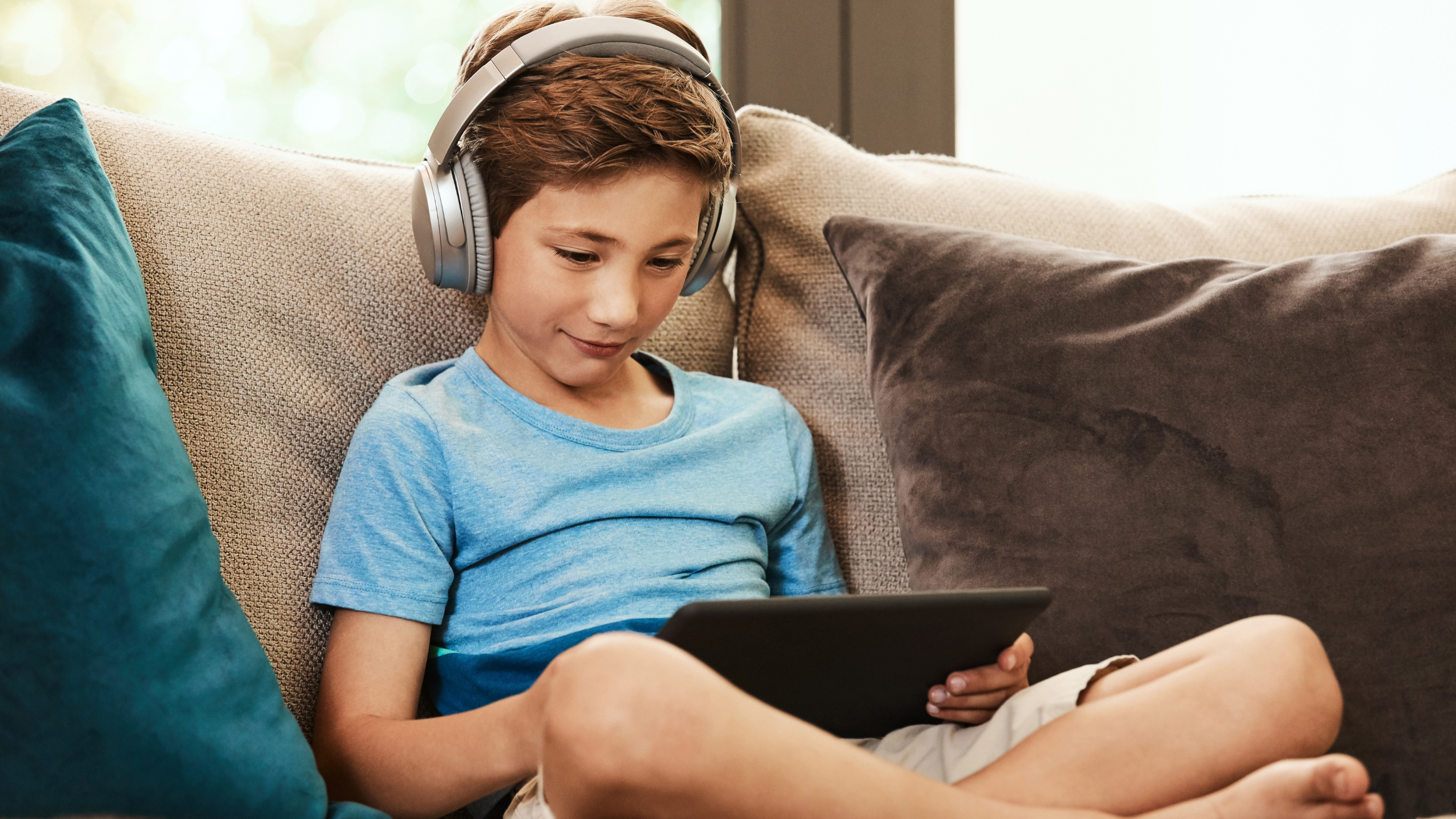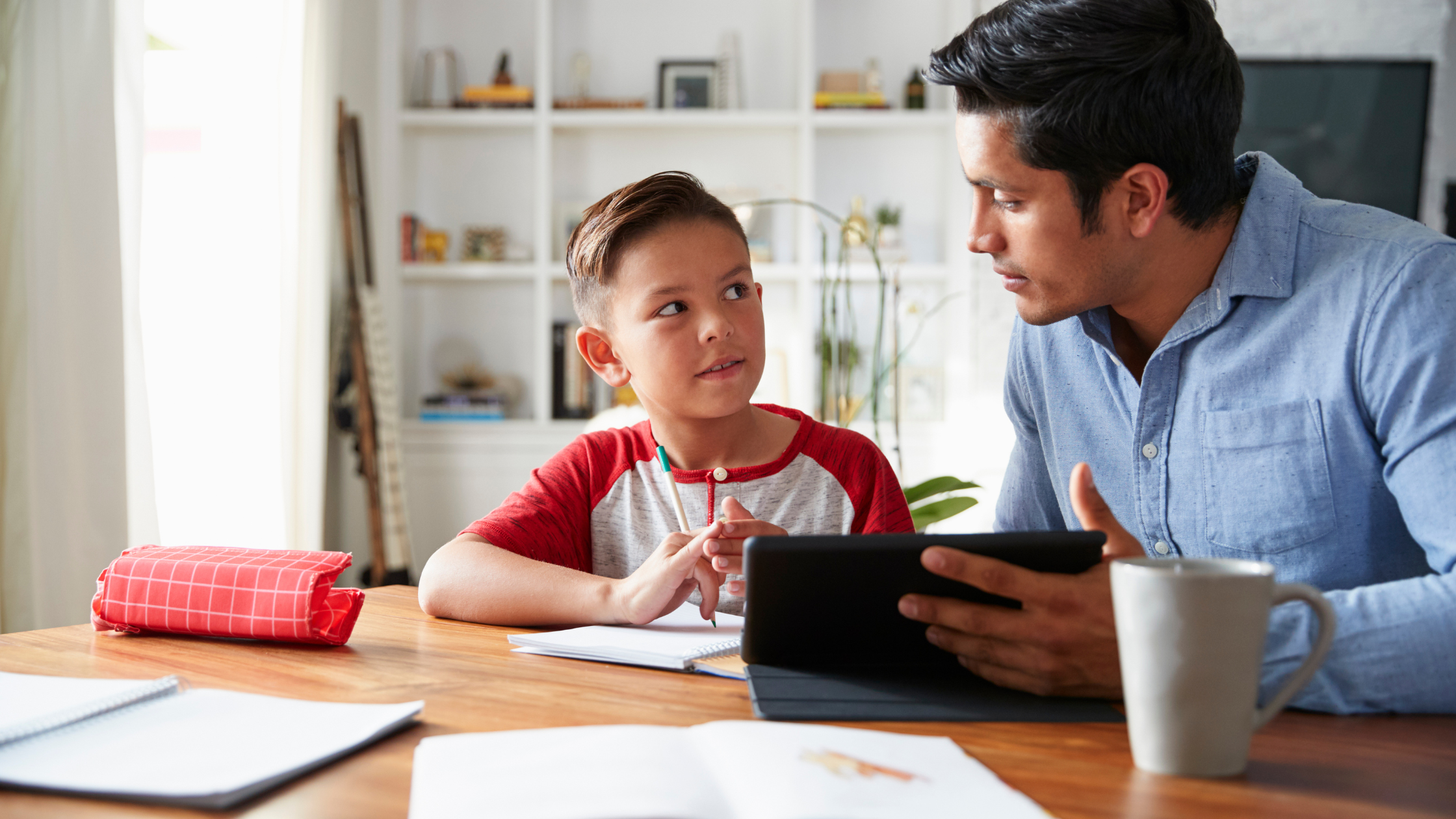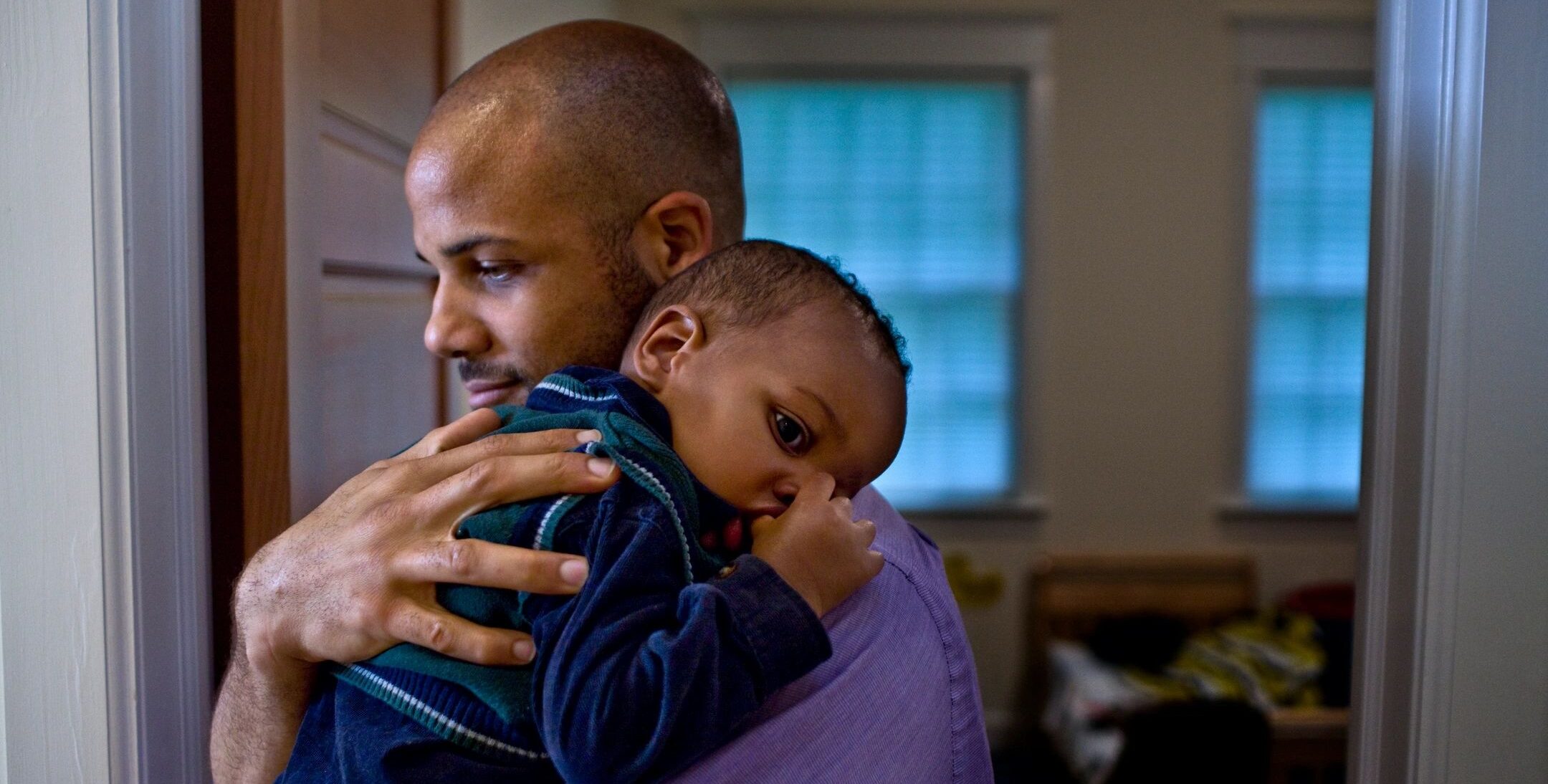Does this sound familiar? It’s a regular Tuesday night. You look up from your Instagram feed and see your oldest child frantically texting away on their phone. To your left, your youngest is on their iPad, completely consumed by the newest TikTok trend. And, of course, let’s not forget about the TV that’s still on, even though no one is really watching it. Sound familiar?
This kind of night is considered to be a typical one. With the drastic rise in technology as of late, electronic devices have become omnipresent in our modern world (Wilkinson, 2021). This has caused researchers to spend time unpacking the idea of ‘screen time,’ a concept defined as the amount of time spent on any device with a screen (smartphones, laptops, and video game consoles). Through their unpacking of this idea, researchers have begun to question the effect of screen time on a child’s social, emotional, and cognitive development. At this point, you might be asking: What effect does screen time have on my child’s social, emotional, and cognitive development at different ages? What do researchers say and what do they recommend? Keep reading to find out!
Infancy (0-2 years)
Research indicates that screen time is not educational, but rather passive and doesn’t add any positive aspects to an infant’s life. At this stage, infants respond best to live interactions and have trouble processing screens. Infants consume their screen time through the TV being on while they are in the same room, even if they are not directly watching. While children might glance at the TV from time to time, they absorb 2-dimensional (2-D) images that they cannot make sense of at this early stage. As 2-D images on a screen lack crucial features of the real world, such as depth, children cannot transfer what they’ve seen on the screen to their reality.
Several studies described by Wilkinson and colleagues (2021) show that daily screen exposure increases the likelihood that infants will be fussier, have less social development, and demonstrate lower cognitive abilities later in life. This includes underperformance on problem-solving tasks and difficulties in emotional regulation. Another concerning finding is that excessive screen time can lead to language delays. However, verbally engaging with infants while the TV is on can mitigate some of these effects.
Early Childhood (2-5 years)
At this stage, screen time becomes more interactive. However, it’s important to monitor the type of content being shown to preschoolers. Non-educational and fast-paced cartoon programs have been shown to negatively affect executive functioning, such as attention and self-regulation. Studies suggest that overly stimulating media—featuring bright colors and rapid sounds—may lead to sensory overstimulation, which can impact a child’s ability to focus.
For example, a study published in JAMA Pediatrics found that preschool children who had high levels of screen time exhibited difficulties with impulse control and attention problems later on (Radesky et al., 2019). Conversely, educational content like Sesame Street, Curious Neuron’s favourite Montessori-based app Pok Pok (get 50% off your first year here) and STEM-based apps offer interactive learning experiences that promote skills like math, literacy, and problem-solving. Similar to infancy, preschoolers benefit most from adult involvement during screen time.
Primary-Intermediate (5-12 years)
At this stage, children increasingly use devices, social media, and video games independently. While certain interactive screen activities, such as educational apps, can be beneficial, studies show that excessive passive screen time (e.g., watching TV or movies for hours) is linked to various negative outcomes. Research suggests that extensive screen time can lead to issues like impaired attention, hyperactivity, and heightened aggression (Hinkley et al., 2014).
Additionally, children in this age group who spend more time in front of screens tend to experience decreased sleep quality and quantity. Poor sleep is associated with worse academic performance, heightened stress, and even mood dysregulation. A study from Sleep Medicine reported that children with more screen exposure before bedtime had shorter sleep durations and were more likely to experience sleep disturbances (Carter et al., 2016).
Recommendations
- Choose educational options for your child and engage in these activities with them whenever you can!
- Set a healthy balance between screen time and other activities by modeling appropriate screen habits yourself.
- Limit passive screen time and encourage interactive, educational options instead.
- Set clear limitations on when and where devices can be used, such as establishing “no screen” times during meals or before bed.
- Encourage outdoor play and open-ended activities, which are essential for emotional and cognitive development.
As research continues to unfold, one thing remains clear: balance and parental involvement are key in managing screen time at every stage of development.
Related Curious Neuron Podcast Episodes:
-
Is screen time messing up my child? (Listen here)
-
What you should know about screen time in kids younger than 2 (Listen here)
-
Screentime is not just a passive activity with Cheryl Gotthelf (Listen here)
About the Author:
Valeria Mastrangelo is a third-year undergraduate student at McGill University in Montreal, Quebec. She is currently completing a Bachelor of Arts (BA) with a major in Psychology and double minor in Behavioral Science and Sociology. Valeria is volunteering at Dr. Jennifer Bartz’s Laboratory of Affiliation and Prosociality where she is able to further explore her interests in research concerning conformity and group dynamics, social support provision and the effects of social isolation in human behaviour and within the brain. Valeria aspires to pursue a Masters (MA) as well as a PhD in Clinical Psychology in the future.













